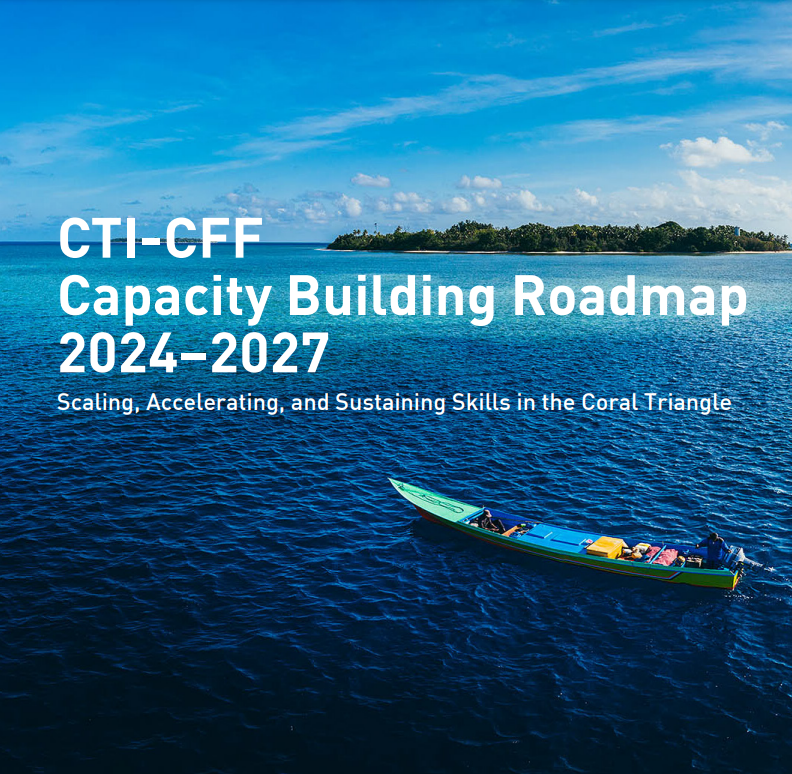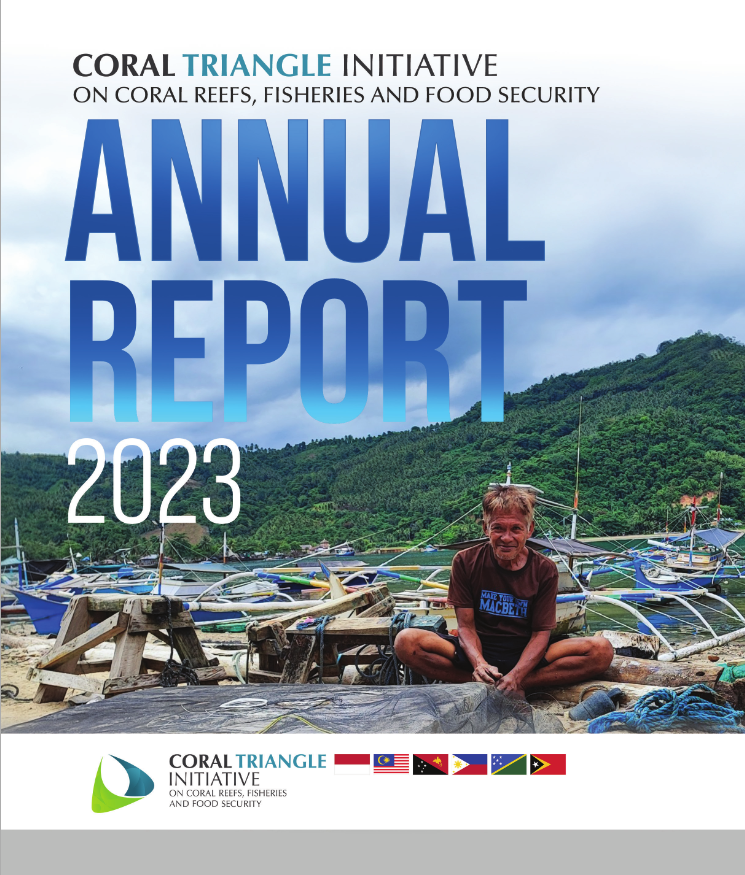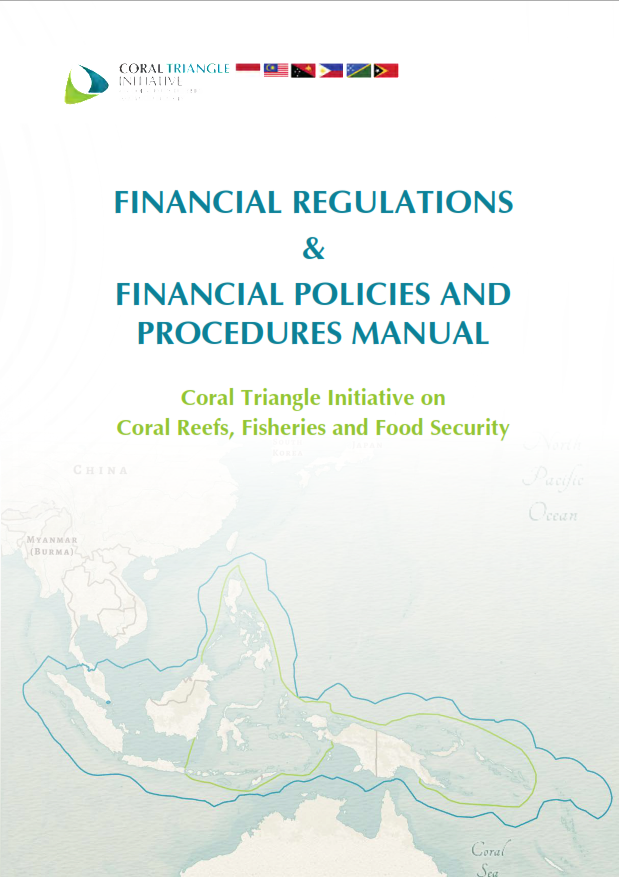Coordination, Linkages, and Capacities take center-stage in ADB’s Coral Triangle Pacific Review
The Asian Development Bank (ADB) held its Coral Triangle Pacific annual implementation review workshop in Manila on April 23-36, 2013 to examine the progress of its technical assistance to the Coral Triangle Initiative on Coral Reefs, Fisheries, and Food Security (CTI-CFF) member countries located in the Pacific – Papua New Guinea, Solomon Islands and Timor-Leste. The technical assistance is one of the three ADB regional technical assistance projects in support of the CTI-CFF.
ADB’s Coral Triangle Pacific Program is administered by ADB with funding from the Global Environment Facility Pacific Alliance for Sustainability at around $15 million, and with in-kind contributions from the five participating Pacific countries; three of them—Papua New Guinea, Solomon Islands, and Timor-Leste—from within the Coral Triangle, and two adjacent countries, Fiji and Vanuatu, which share common environmental concerns with the other three.
Xianbin Yao, ADB Director General for the Pacific, opened the workshop and encouraged country representatives from government, implementing partners and collaborators to share information on progress of work, improve coordination and iron out administrative and technical challenges encountered along the way. He urged the collaborators to work together to promote and advocate a better understanding of the linkages between the adverse impacts of climate change on coastal ecosystems and marine biodiversity on the one hand, and food security and quality of life of coastal communities on the other. “We need to strengthen our partnerships and our networks for capacity building and information exchange on pressing resource management and climate change issues and concerns. We must learn and act together”.
In response to the call, Octavio da Costa Monteiro de Almeida, National Director of Policy and Planning of the Ministry of Agriculture and Fisheries, Democratic Republic of Timor-Leste stated that this technical assistance project can make a huge contribution to the Coral Triangle Initiative by helping to strengthen the knowledge and skills of national and community institutions in the sustainable management of their coastal and marine resources; and improving the management of these resources on an ecosystem basis and how such management can adapt to climate change.
During the workshop, the Coral Triangle Pacific team visited the Calatagan Mangrove Forest Conservation Park, also known as “Ang Pulo” or “The Islet”, located in Barangay Kilitisan, Calatagan, Batangas, approximately 125 kilometers south of Manila.



